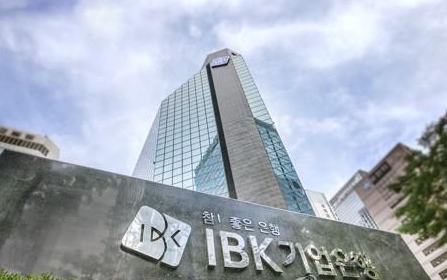
The Financial Supervisory Service (FSS) reported that the delinquency rate for the country’s eight major credit card firms reached 1.65 percent at the end of 2024, marking a 0.2 percentage point increase from the previous year. This figure represents the highest level since 2014, when the rate stood at 1.69 percent.
Despite the rise in delinquencies, the sector remained profitable. Net earnings for credit card companies totaled 2.59 trillion won, or approximately $1.78 billion, reflecting a modest 0.3 percent increase from 2023. The growth was driven by higher lending revenues and commission fees.
Regulators attributed the increase in delinquencies primarily to economically vulnerable borrowers, including small business owners and individuals with lower credit scores, many of whom turned to high-interest credit card loans after facing barriers to traditional bank lending.
"While asset quality indicators such as delinquency rates and non-performing loan ratios continue to rise, the pace has slowed," the FSS noted in its provisional report.
Financial institutions outside the credit card sector also faced challenges.
Non-credit card financial firms saw their net profits decline by 7.9 percent to 2.49 trillion won, as higher interest expenses and securities-related costs outweighed gains in leasing, rental, and installment financing.
The delinquency rate for these firms rose to 2.10 percent, up 0.22 percentage points from the previous year, while the non-performing loan ratio increased by 0.66 percentage points to 2.86 percent.
Despite the growing financial risks, regulators reassured that credit card companies maintain sufficient capital buffers, with all firms holding loss provisions exceeding 100 percent. However, the FSS cautioned that the uncertain economic climate demands vigilance.
Copyright ⓒ Aju Press All rights reserved.





View more comments